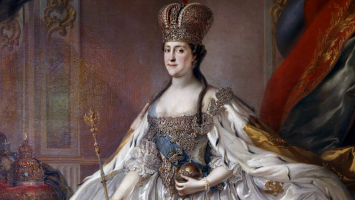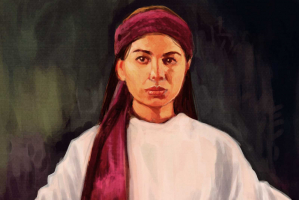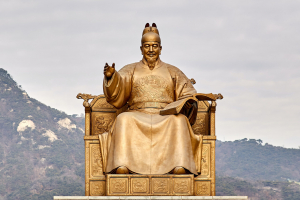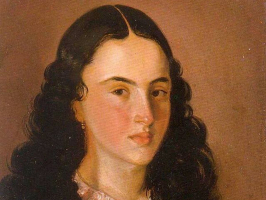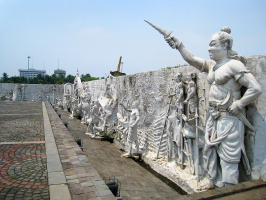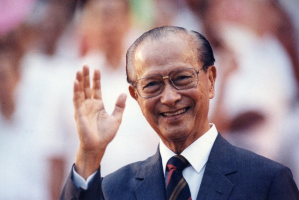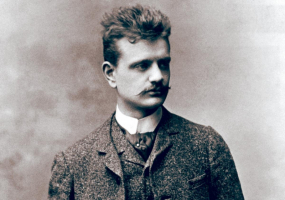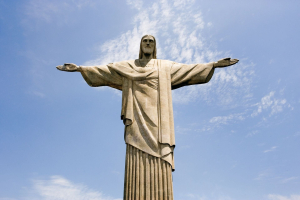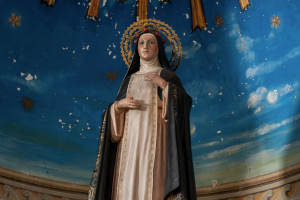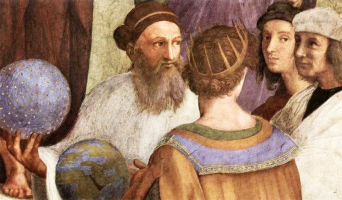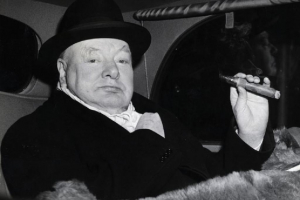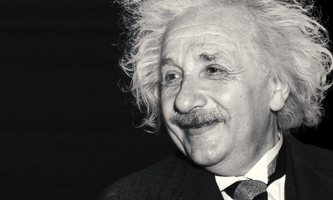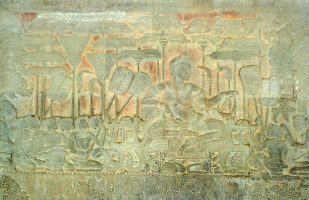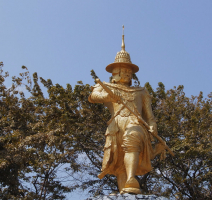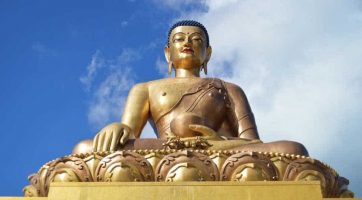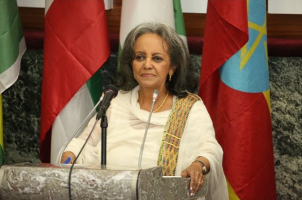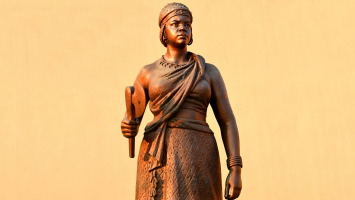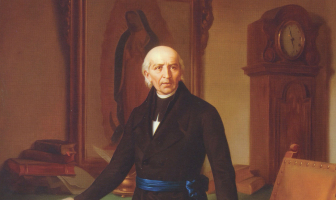Top 8 Most Important Historical Figures In Pakistan
Are you looking for an article about the most important historical figures in Pakistan? Pakistan has the sixth-highest population in the world. This article ... read more...provides an introduction to a few well-known Pakistanis. The significant contributions that prior celebrities made helped to maintain them in the public eye. Look at the list of the most important historical figures in Pakistan.
-
Muhammad Ali Jinnah (25 December 1876 - 11 September 1948) was a Pakistani politician and barrister. Jinnah was the leader of the All-India Muslim League from 1913 until the establishment of Pakistan on 14 August 1947, and then as the first governor-general of the Dominion of Pakistan until his death. In Pakistan, he is known as the Quaid-e-Azam ("Great Leader") and Baba-e-Qaum ("Father of the Nation"). In Pakistan, his birthday is celebrated as a national holiday.
Jinnah was born at Wazir Mansion in Karachi and studied law at Lincoln's Inn in London, England. When he returned to India, he enrolled in the Bombay High Court and became interested in national politics, which eventually supplanted his legal practice. During the first two decades of the twentieth century, Jinnah rose to prominence in the Indian National Congress. Jinnah advocated Hindu-Muslim unity in his early political career, helping to shape the 1916 Lucknow Pact between the Congress and the All-India Muslim League, in which he had also become prominent. Jinnah rose to prominence as a key figure in the All-India Home Rule League, proposing a fourteen-point constitutional reform plan to protect Muslims' political rights in the Indian subcontinent. However, Jinnah resigned from the Congress in 1920 after it agreed to pursue a satyagraha campaign, which he saw as political anarchy.
By 1940, Jinnah had come to believe that the Muslims of the subcontinent needed their own state to avoid being marginalized in an independent Hindu-Muslim state. The Muslim League, led by Jinnah, passed the Lahore Resolution that year, calling for a separate nation for Indian Muslims. During the Second World War, the League grew in strength while Congress leaders were imprisoned, and it won the majority of the seats reserved for Muslims in provincial elections held shortly after the war. Finally, the Congress and the Muslim League were unable to reach an agreement on a power-sharing formula that would allow British India to be united as a single state following independence, leading all parties to accept the independence of a predominantly Hindu India and a Muslim-majority state of Pakistan.
As Pakistan's first Governor-General, Jinnah worked to establish the new country's government and policies, as well as to assist the millions of Muslim migrants who had emigrated from neighboring India to Pakistan following the two states' independence, personally supervising the establishment of refugee camps. Jinnah died in September 1948, at the age of 71, just over a year after Pakistan gained independence from the United Kingdom. In Pakistan, he left a lasting and well-respected legacy. Many streets, roads, and towns around the world are named after Jinnah. In Pakistan, several universities and public buildings bear Jinnah's name. Among the most important historical figures in Pakistan, Jinnah is still considered Pakistan's greatest leader, according to his biographer Stanley Wolpert.
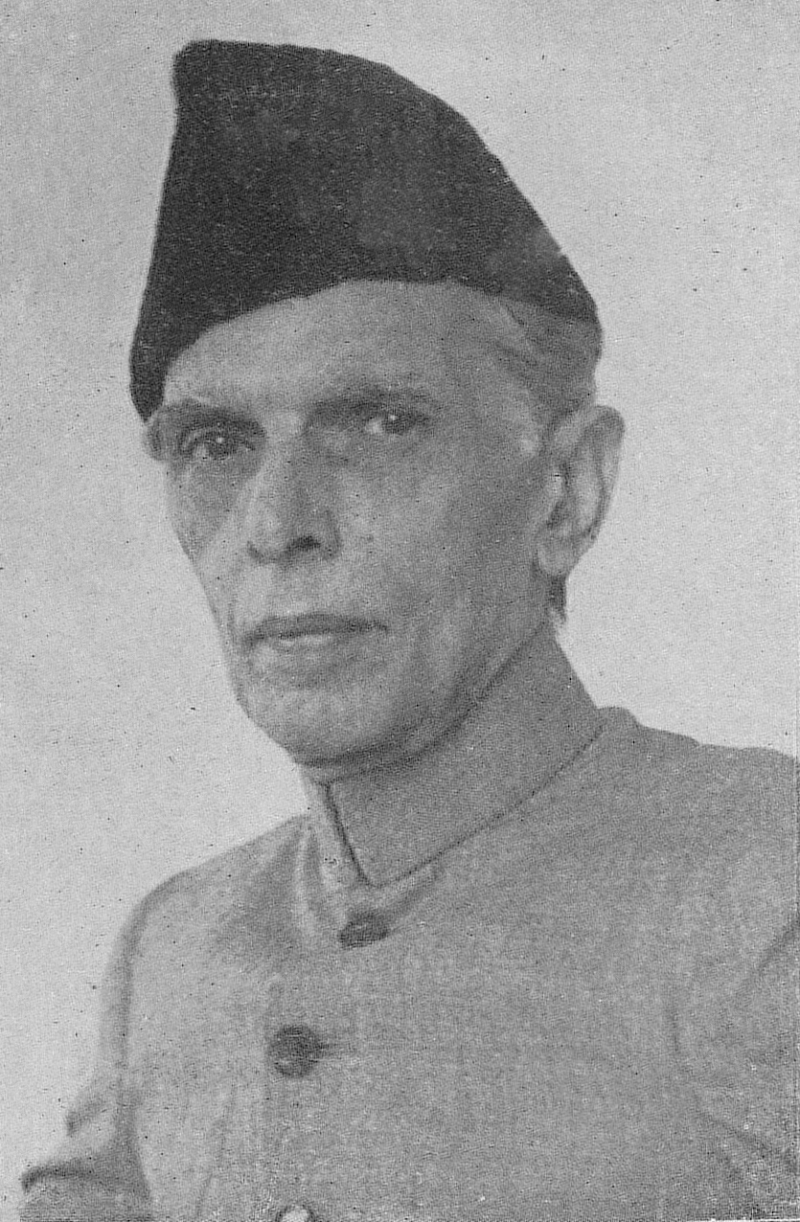
vi.wikipedia.org 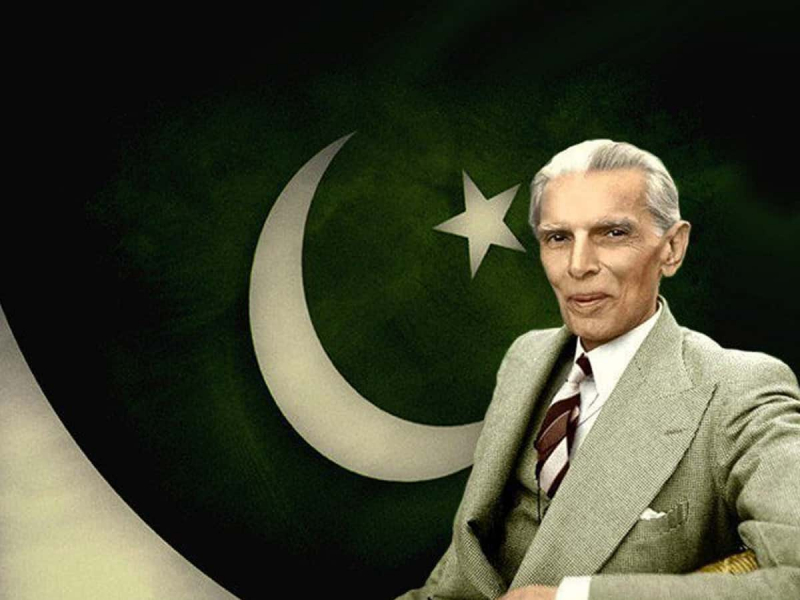
siasat.com -
Abdul Qadeer Khan (1 April 1936 - 10 October 2021), also known as A. Q. Khan, was a Pakistani nuclear physicist and metallurgical engineer known colloquially as the "father of Pakistan's atomic weapons program."
Khan, an Indian émigré (Muhajir) who moved to Pakistan in 1952, was educated in the metallurgical engineering departments of Western European technical universities, where he pioneered studies in phase transitions of metallic alloys, uranium metallurgy, and isotope separation using gas centrifuges. After learning of India's "Smiling Buddha" nuclear test in 1974, Khan joined his country's covert efforts to develop nuclear weapons by establishing the Khan Research Laboratories (KRL) in 1976, where he served as both chief scientist and director for many years.
The Musharraf administration briefed Khan in January 2004 on evidence of nuclear proliferation provided by the Bush administration of the United States. Khan admitted his role in running a nuclear proliferation network, only to retract his statements in later years when he leveled accusations at Pakistan's former Prime Minister Benazir Bhutto's administration in 1990, and also directed allegations at President Musharraf in 2008.
Khan was placed under house arrest in 2004 after being accused of illegally selling nuclear secrets. After years of house arrest, Khan successfully sued the Federal Government of Pakistan in the Islamabad High Court, which ruled that his debriefing was unconstitutional and freed him on February 6, 2009. The verdict elicited a negative reaction in the United States, with the Obama administration issuing an official statement warning that Khan remained a "serious proliferation risk."
After his death on October 10, 2021, he was given a state funeral at the Faisal Mosque before being buried at Islamabad's H-8 graveyard.
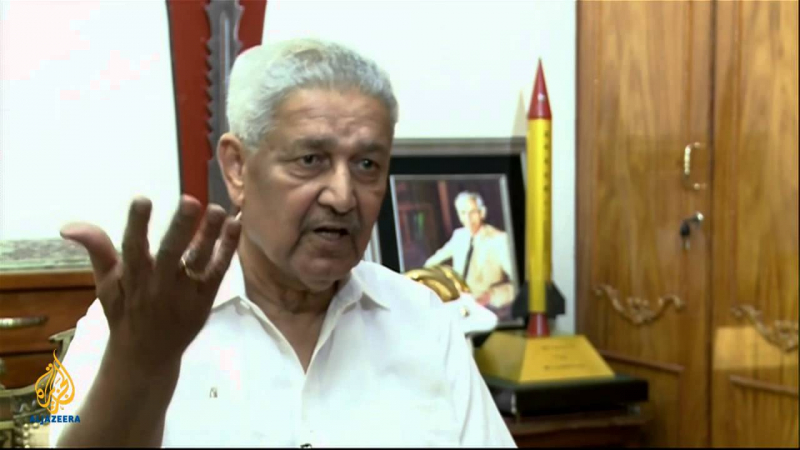
cnn.com 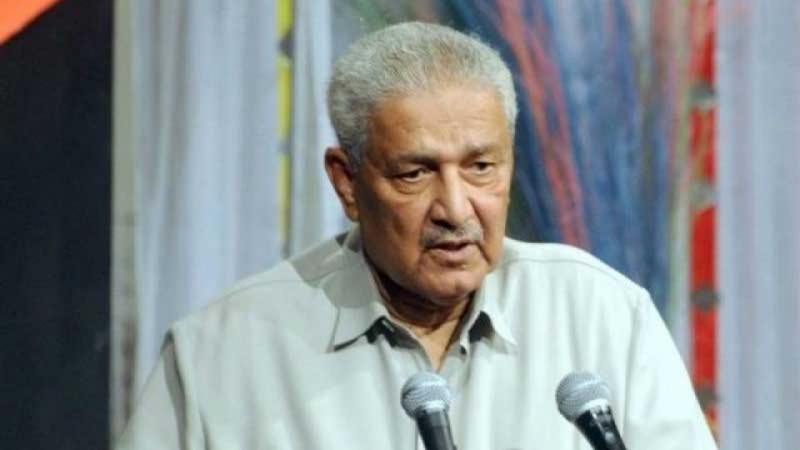
dailytimes.com.pk -
Abdus Sattar Edhi (28 February 1928 - 8 July 2016) is a Pakistani politician, a Pakistani humanitarian, philanthropist, and ascetic who founded the Edhi Foundation, which operates the world's largest volunteer ambulance network, as well as numerous homeless shelters, animal shelters, rehabilitation centers, and orphanages throughout Pakistan. Following his death, his son Faisal Edhi assumed leadership of the Edhi Foundation.
When an Asian flu epidemic (originating in China) swept through Pakistan and the rest of the world in 1957, Edhi's charitable activities grew significantly. The same year, he was able to purchase his first ambulance thanks to donations. Later, with the assistance of his wife Bilquis Edhi, he expanded his charitable network.
During his lifetime, the Edhi Foundation grew, supported entirely by private donations, and established a network of 1,800 ambulances. Edhi was listed as the parent or guardian of nearly 20,000 adopted children at the time of his death. He is known as the "Angel of Mercy" among Pakistanis and is regarded as the country's most revered and legendary figure. According to The Huffington Post, he may be "the world's greatest living humanitarian." He is also regarded as one of the most important historical figures in Pakistan.
Edhi maintained a hands-off management style and was frequently critical of corruption in religious organizations, clergy, and politicians. He was a strong supporter of religious tolerance in Pakistan and helped victims of Hurricane Katrina and the Ethiopian famine in 1985. He was nominated for the Nobel Peace Prize several times. Edhi was the recipient of several awards, including the Gandhi Peace Prize, the Ahmadiyya Muslim Peace Prize, and the UNESCO-Madanjeet Singh Prize. In July 2016, he died and was buried with full state honors.
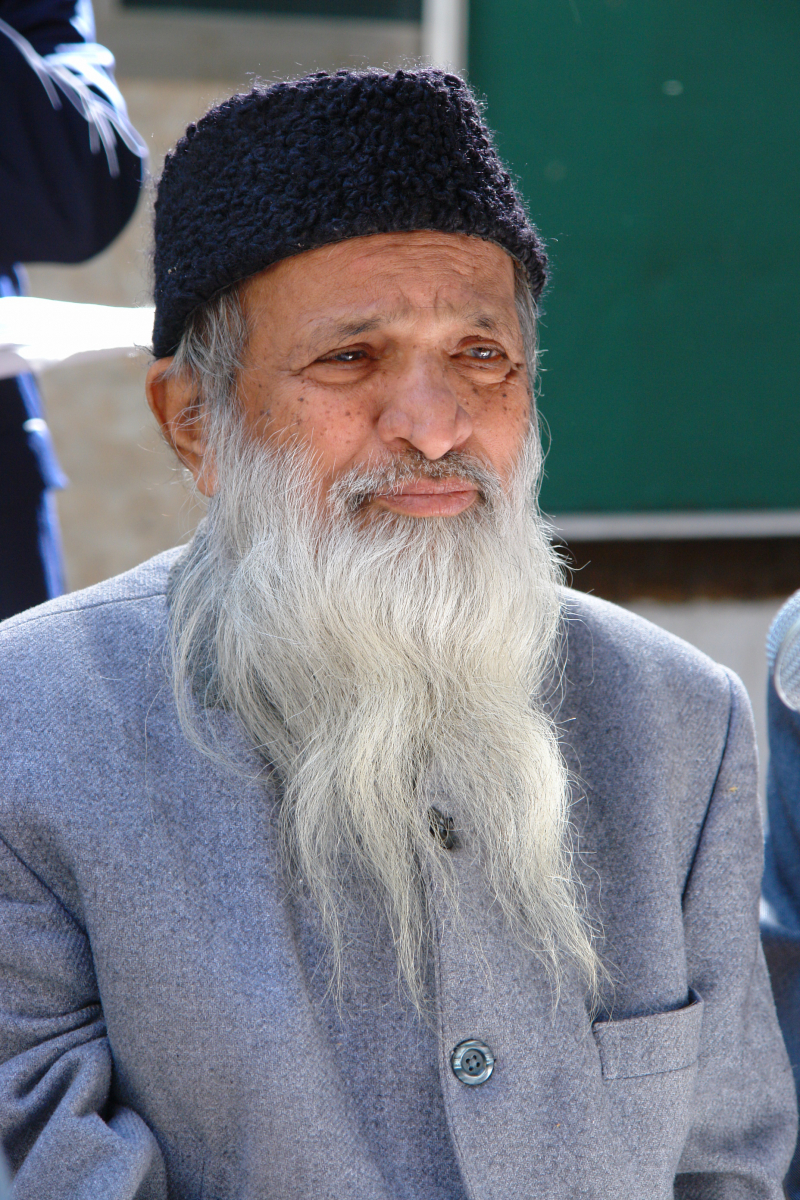
en.wikipedia.org 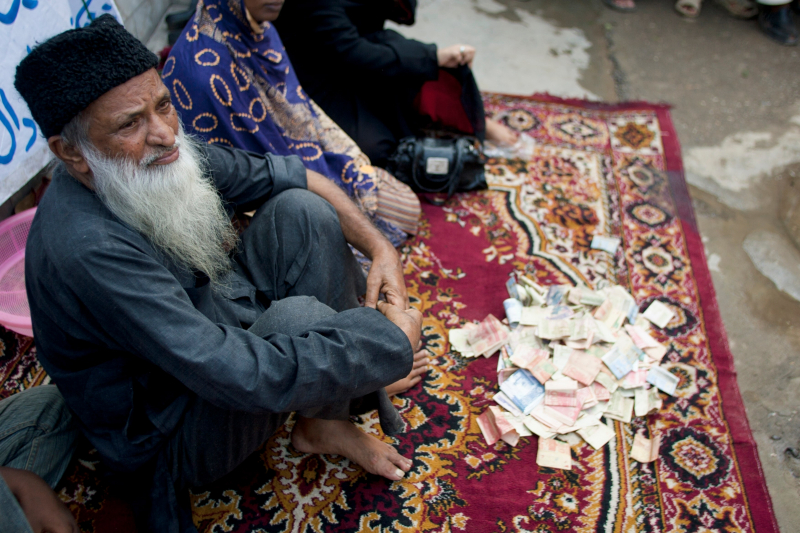
washingtonpost.com -
Ustad Nusrat Fateh Ali Khan (October 13, 1948 - August 16, 1997) was a Pakistani Punjabi singer, songwriter, and music director. He was primarily a singer of qawwali, a type of Sufi devotional music. Known as "Shahenshah-e-Qawwali" (the King of Kings of Qawwali), he is considered by The New York Times to be the greatest Sufi singer in the Punjabi and Urdu languages and one of the greatest qawwali singers in history. In 2016, LA Weekly named him the fourth greatest singer of all time. He was known for his vocal abilities and could perform for several hours at a high level of intensity. Khan is widely regarded as having popularized qawwali music among international audiences.
Nusrat Fateh Ali Khan made his public debut at the age of 15 at his father's chelum in Lyallpur (Faisalabad). In 1971, he became the head of the family qawwali party, bringing his unique style of sargam, khayal, and rhythm to his family's legacy. In the early 1980s, he was signed by Oriental Star Agencies, Birmingham, England. Khan went on to record film scores and albums in Europe, India, Japan, Pakistan, and the United States. He collaborated and experimented with Western artists, eventually becoming a well-known world music artist. He toured extensively, performing in over 40 countries. He had a significant impact on contemporary South Asian popular music, including Pakistani pop, Indian pop, and Bollywood music, in addition to popularizing qawwali music.
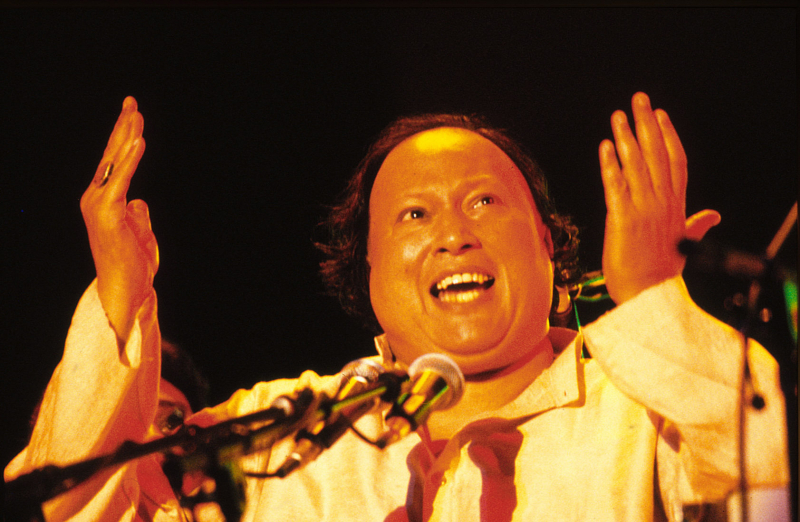
masala.com 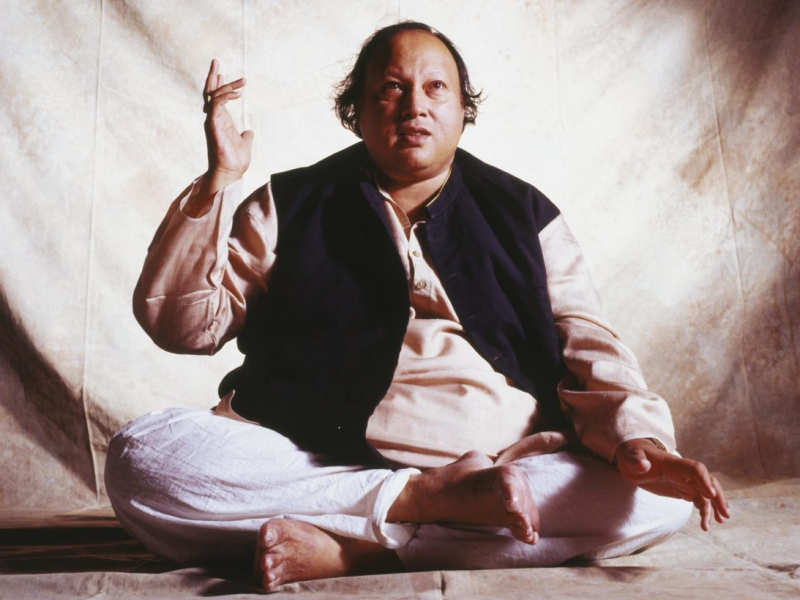
npr.org -
Sir Muhammad Iqbal Kt (9 November 1877 - 21 April 1938) was a South Asian Muslim writer, philosopher, and politician, whose Urdu poetry is regarded as among the greatest of the twentieth century, and whose vision of a cultural and political ideal for the Muslims of British-ruled India fueled the desire for Pakistan. He is commonly referred to as Allama.
Iqbal was born and raised in Sialkot, Punjab, in an ethnic Kashmiri Muslim family, and received his B.A. and M.A. degrees from the Government College Lahore. From 1899 to 1903, he taught Arabic at the Oriental College in Lahore. During this time, he wrote a lot. Among the popular Urdu poems from this period are Parinde ki Faryad (A Bird's Prayer), an early meditation on animal rights, and Tarana-e-Hindi (The Song of India), a patriotic poem written for children. In 1905, he moved to Europe for further studies, first to England, where he earned a second B.A. at Trinity College, Cambridge and was later called to the bar at Lincoln's Inn, and then to Germany, where he earned a Ph.D. in philosophy at the University of Munich. When he returned to Lahore in 1908, he opened a law firm but focused on writing scholarly works on politics, economics, history, philosophy, and religion. He is best known for his poetic works, including Asrar-e-Khudi, for which he was knighted, Rumuz-e-Bekhudi, and the Bang-e-Dara. In Iran, he is known as Iqbl-e Lhor (Iqbal of Lahore) and is well-known for his Persian works.
Iqbal was a strong supporter of the political and spiritual revival of Islamic civilisation throughout the world, but especially in South Asia; a series of lectures he gave on the subject were published as The Reconstruction of Religious Thought in Islam. In 1927, Iqbal was elected to the Punjab Legislative Council and held several positions in the All India Muslim League. He outlined a political framework for Muslims in British-ruled India in his presidential address to the League's annual meeting in Allahabad in 1930. Iqbal passed away in 1938. He was named Pakistan's national poet after the country's independence in 1947. He is also known as the "Hakeem-ul-Ummat" ("Sage of the Ummah") and the "Mufakkir-e-Pakistan" ("Pakistan's Thinker"). Until 2018, the 9th of November, the anniversary of his birth (Yom-e Weldat-e Muammad Iqbl), was a public holiday in Pakistan. He is among the most important historical figures in Pakistan.
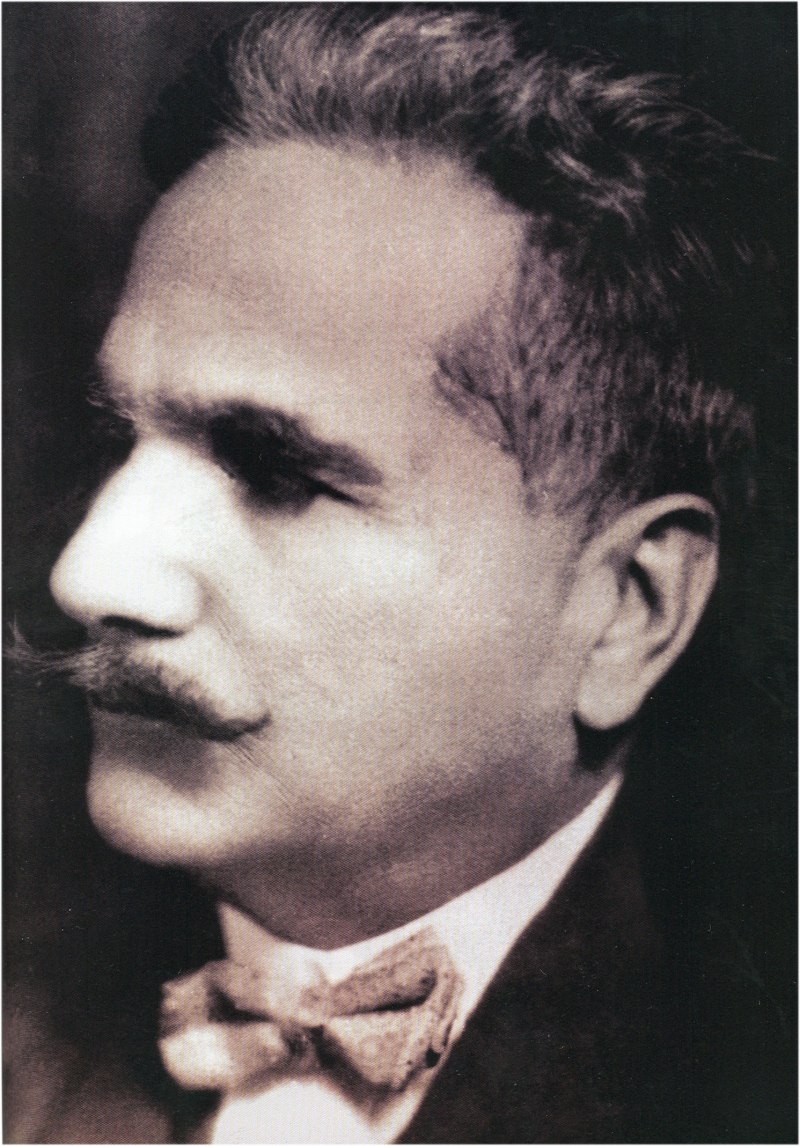
en.wikipedia.org 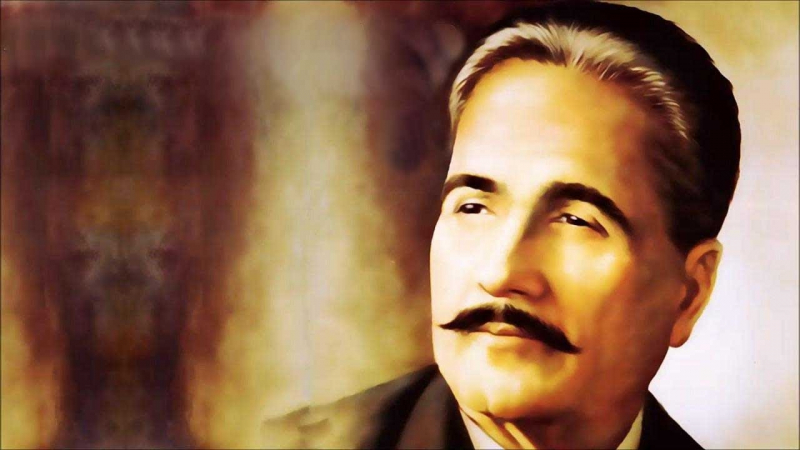
Photo: Yousaf Salli's Youtube Channel -
Fatima Jinnah (31 July 1893 - 9 July 1967), also known as Mder-e Millat ("Mother of the Nation"), was a Pakistani politician, dentist, and one of Pakistan's founding fathers. She was the younger sister of Pakistan's founder and first Governor General, Muhammad Ali Jinnah.
After earning a dental degree from the University of Calcutta in 1923 and becoming the first female dentist in undivided India, Fatima Jinnah became a close associate and adviser to her older brother, Muhammad Ali Jinnah, who later became Pakistan's first Governor General. She emerged as a strong advocate of the two-nation theory and a leading member of the All-India Muslim League, despite her strong criticism of the British Raj.
Following Pakistan's independence, Jinnah co-founded the Pakistan Women's Association, which was instrumental in settling women migrants in the newly formed country. She remained her brother's closest confidante until his death. Fatima was barred from addressing the nation after his death until 1951; her 1951 radio address to the nation was heavily censored by the Liaquat administration. She wrote My Brother in 1955, but it was not published until 1987, 32 years later, due to censorship by the establishment, which accused Fatima of "anti-nationalist material." Several pages from the manuscript were left out when the book was published.
In 1965, Jinnah emerged from her self-imposed political retirement to run in the presidential election against military dictator Ayub Khan. She was backed by a coalition of political parties and won two of Pakistan's largest cities, Karachi and Dhaka, despite political rigging by the military. While reporting on the 1965 election campaign, the American magazine Time stated that Ayub Khan and his allies attacked Jinnah's modesty and patriotism.
Jinnah died on July 9, 1967, in Karachi. Her death has sparked debate, with some reports claiming that she died of unnatural causes. Her family members had requested an investigation, but the government denied their request. She is still regarded as one of Pakistan's most revered leaders, with nearly 500,000 people attending her funeral in Karachi.
Her legacy is linked to her support for civil rights, her involvement in the Pakistan Movement, and her love for her brother. Many institutions and public spaces in Pakistan have been named in her honor, including Mder-e Millat ("Mother of the Nation") and Khtn-e Pkistn ("Lady of Pakistan").
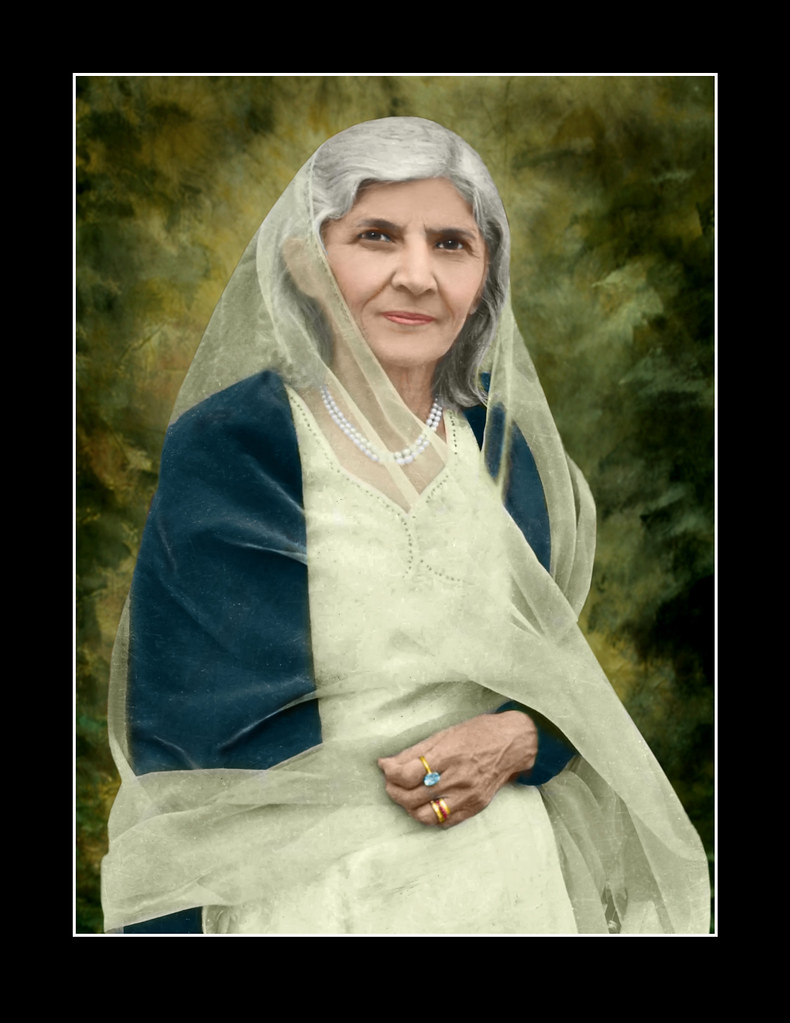
dnanews.com.pk 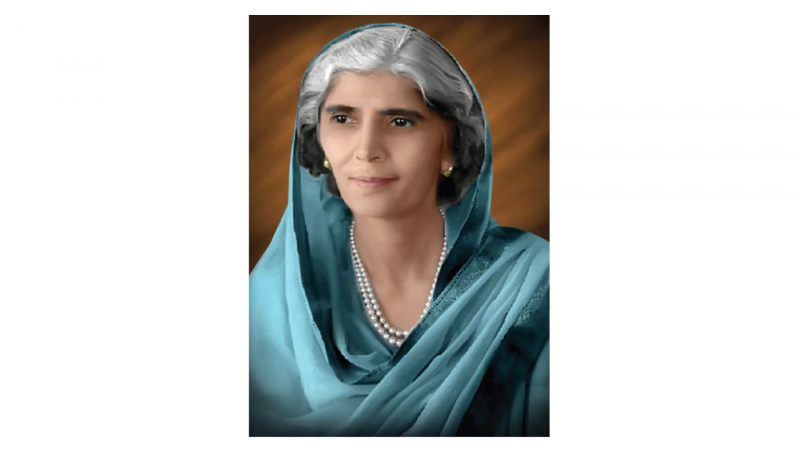
hilal.gov.pk -
Abdus Salam, Mohammad (January 29, 1926 - November 21, 1996) was a Nobel Prize-winning Pakistani theoretical physicist. For his contribution to the electroweak unification theory, he shared the 1979 Nobel Prize in Physics with Sheldon Glashow and Steven Weinberg. Among the most important historical figures in Pakistan, he was the first Pakistani and the first Muslim to receive a Nobel Prize in science, and the second Muslim to receive any Nobel Prize, after Egypt's Anwar Sadat.
From 1960 to 1974, Salam served as scientific advisor to Pakistan's Ministry of Science and Technology, where he played a significant and influential role in the development of the country's science infrastructure. Salam made numerous contributions to theoretical and particle physics in Pakistan. He was the first director of the Space and Upper Atmosphere Research Commission (SUPARCO) and was instrumental in the formation of the Theoretical Physics Group (TPG). As a result, he is regarded as the program's "scientific father". In 1974, Abdus Salam left Pakistan in protest after the Pakistani Parliament unanimously passed a parliamentary bill declaring members of the Ahmadiyya Muslim community, to which Salam belonged, non-Muslims. Following the country's Chagai-I nuclear tests in 1998, the Government of Pakistan issued a commemorative stamp as part of the "Scientists of Pakistan" series to honor Salam's contributions.
Salam's notable contributions include the Pati-Salam model, magnetic photons, vector mesons, the Grand Unified Theory, work on supersymmetry, and, most notably, electroweak theory, for which he received the Nobel Prize. Salam made significant contributions to quantum field theory and mathematical advancement at Imperial College London. Salam and his student, Riazuddin, contributed significantly to modern theory on neutrinos, neutron stars, and black holes, as well as work on modernizing quantum mechanics and quantum field theory. Salam is remembered as a founder and scientific father of mathematical and theoretical physics in Pakistan during his tenure as the president's chief scientific advisor. Salam made significant contributions to the rise of Pakistani physics in the global physics community. Salam continued to contribute to physics and advocate for the advancement of science in third-world countries until shortly before his death.
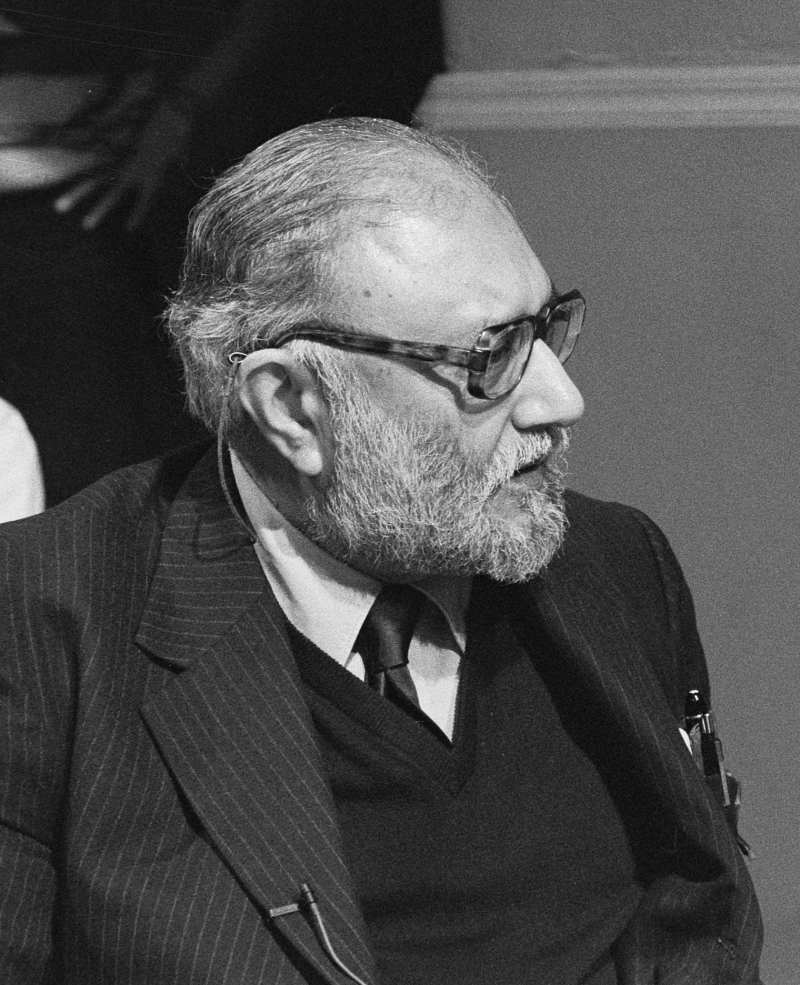
en.wikipedia.org 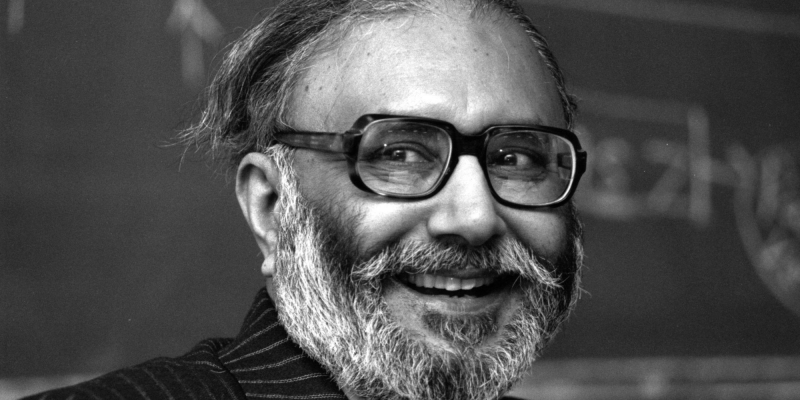
tribune.com.pk -
Zulfiqar Ali Bhutto (5 January 1928 - 4 April 1979), also known as Quaid-e-Awam (People's Leader), was a Pakistani barrister, statesman, and politician who served as Pakistan's ninth prime minister from 1973 to 1977 and the first to be elected through general elections, and prior to that as the country's fourth president from 1971 to 1973. Bhutto is regarded as a leadership icon for his efforts to preserve and lead the country following the Bangladesh Liberation War. In 1973, his government drafted the Pakistan Constitution, which is still in effect today. He was also the founder and chairman of the Pakistan People's Party (PPP) until his execution in 1979. Bhutto's execution is widely regarded as a judicial assassination ordered by then-dictator General Zia-ul-Haq.
Born in Sindh and educated at the Universities of California, Berkeley, and Oxford, Bhutto trained as a barrister at Lincoln's Inn before entering politics as a cabinet member of President Iskander Mirza, and was assigned several ministries during President Ayub Khan's military rule beginning in 1958. Bhutto was appointed Foreign Minister in 1963 and was a supporter of Operation Gibraltar in Kashmir, which led to war with India in 1965. After the Tashkent Agreement ended the war, Bhutto had a falling out with Ayub Khan and was fired from the government. Bhutto founded the PPP on a socialist platform in 1967 and ran in the 1970 general elections won by President Yahya Khan. While the Awami League won a majority of seats nationally, the PPP won a majority of seats only in West Pakistan (where the Awami League did not win any seats); the two parties were unable to reach an agreement on power sharing and a new constitution. Many in West Pakistan, including President Yahya Khan and Z. A. Bhutto, saw the Awami League's Six Point Movement as a way to divide the country. The refusal of Bhutto and Yahya to accept a Bengali as Prime Minister of Pakistan resulted in uprisings and movements in East Pakistan, and counter-actions by the Army, ordered by Yahya Khan and supported by Bhutto, eventually resulted in the formation of Bangladesh. Following Pakistan's defeat in the war against Bangladesh-allied India in December 1971, Bhutto assumed the presidency and declared an emergency. When Bhutto began rebuilding Pakistan, he stated that his goal was to "rebuild confidence and hope for the future."
After signing the Simla Agreement in July 1972, Bhutto had recovered 93,000 prisoners of war and 5,000 square miles of Indian-held territory. He improved relations with China and Saudi Arabia, acknowledged Bangladesh, and hosted the second Organization of the Islamic Conference in Lahore in 1974. During his presidency, parliament unanimously approved a new constitution in 1973, after which he appointed Fazal Ilahi Chaudhry President and assumed the newly empowered office of Prime Minister. He was also instrumental in launching the country's nuclear program. Bhutto's nationalization of many of Pakistan's fledgling industries, healthcare, and educational institutions, on the other hand, resulted in economic stagnation. Following the unrest caused by the dissolution of provincial feudal governments in Balochistan, Bhutto also ordered an army operation in the province in 1973, resulting in thousands of civilian casualties. Despite civil unrest, the PPP easily won parliamentary elections in 1977. The opposition, however, claimed widespread vote rigging, and violence erupted across the country. Bhutto was deposed in a military coup on July 5, that same year, by his appointed army chief Zia-ul-Haq, before being controversially tried and executed by Pakistan's Supreme Court in 1979 for authorizing the murder of a political opponent.
Bhutto remains a divisive figure, praised for his nationalism and secular internationalist agenda while being chastised for intimidating political opponents and violating human rights. He is widely regarded as one of Pakistan's greatest leaders, and his party, the PPP, remains one of the country's largest, with his daughter Benazir Bhutto twice elected Prime Minister, and his son-in-law and Benazir's husband, Asif Ali Zardari, serving as President.
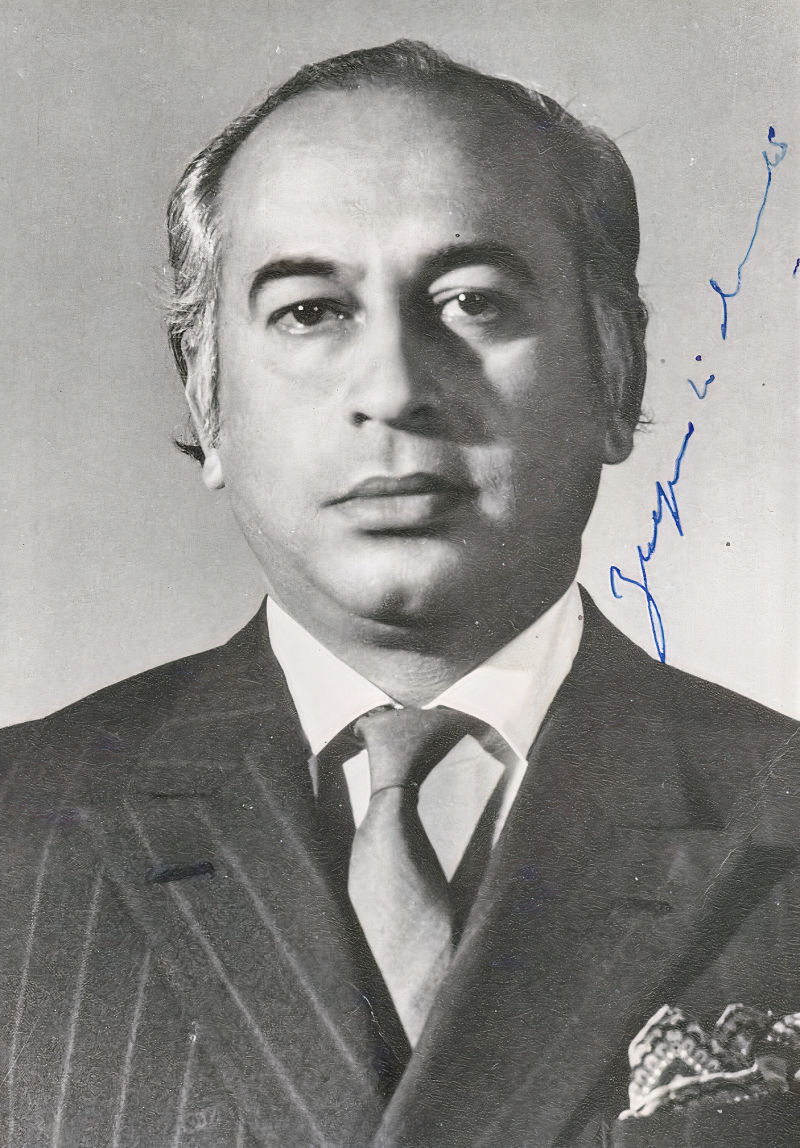
vi.wikipedia.org 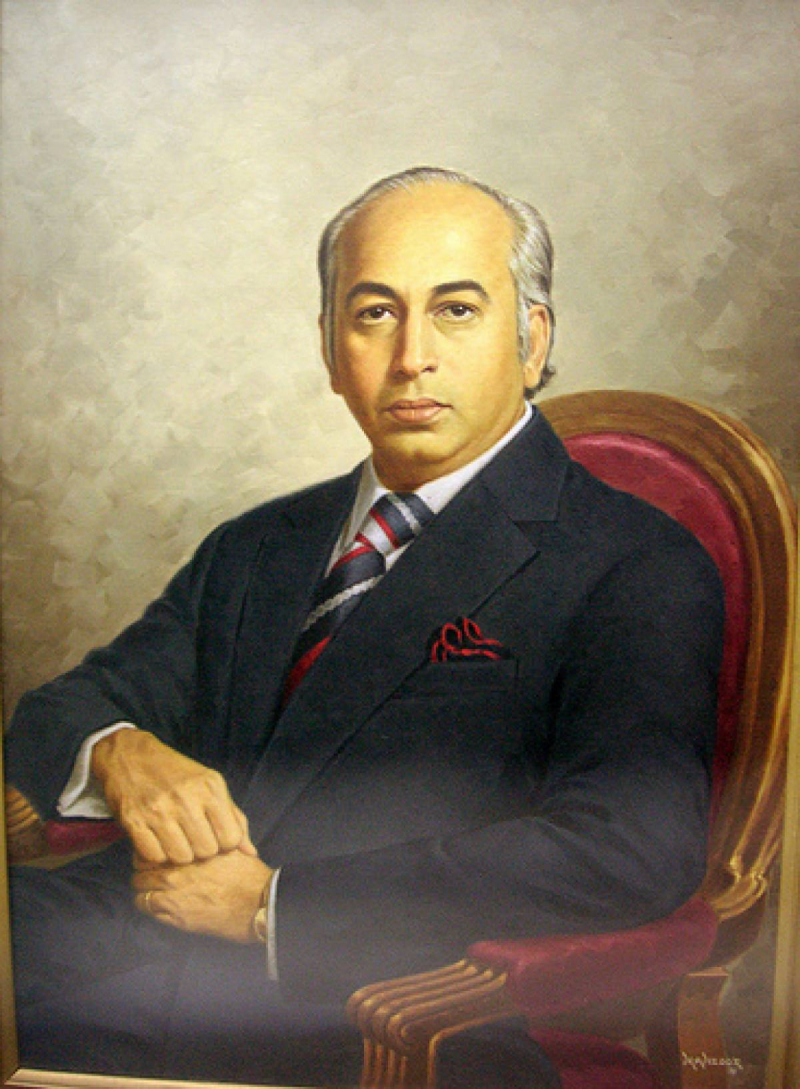
timesofislamabad.com










